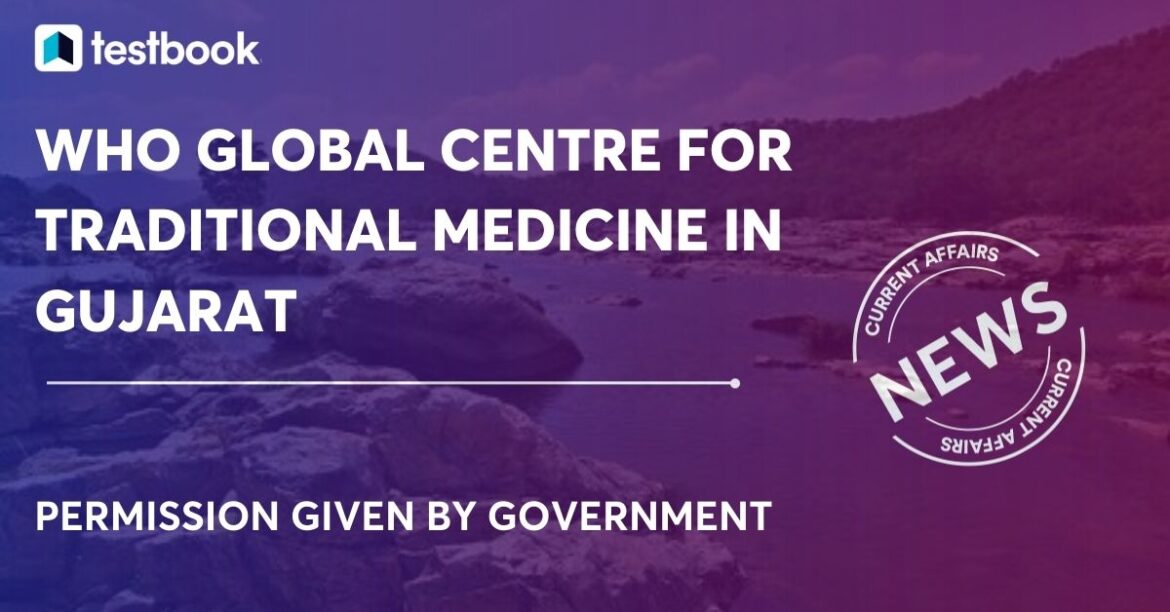By Asmau Ahmad
The World Health Organisation (WHO) said it has signed an agreement with the Government of India to establish a WHO Global Centre for Traditional Medicine in Jamnagar, Gujarat, India.
The onsite launch of the new global centre for traditional medicine, it revealed, will take place on April 21, 2022
WHO in a press release explained that the centre, supported by a $250 million investment by the Indian Government was targeted at harnessing the potential of traditional medicine from across the world through modern science and technology, to improve the health of people and the planet.
The world health body said the centre will concentrate on building a solid evidence base for policies and standards on traditional medicine practices and products, and help countries integrate appropriately into their health systems and regulate its quality and safety for optimal and sustainable impact.
It further explained that the new centre, will also focus on four main strategic areas of evidence and learning; data and analytics; sustainability and equity; and innovation and technology, to optimize the contribution of traditional medicine to global health and sustainable development.
“The term traditional medicine describes the total sum of the knowledge, skills and practices indigenous and different cultures have used over time to maintain health and prevent, diagnose and treat physical and mental illness.
“Its reach encompasses ancient practices such as acupuncture, ayurvedic medicine and herbal mixtures as well as modern medicines,” the WHO stated.
The UN health agency noted that traditional medicine was becoming increasingly prominent in the world of modern science.
“Some 40 per cent of approved pharmaceutical products in use today are derived from natural substances, highlighting the vital importance of conserving biodiversity and sustainability.
“For example, the discovery of aspirin drew on traditional medicine formulations using the bark of the willow tree. The contraceptive pill was developed from the roots of wild yam plants and child cancer treatments have been based on the rosy periwinkle.
“Nobel-prize winning research on artemisinin for malaria control started with a review of ancient Chinese medicine texts.
“There has been a rapid modernisation of the ways traditional medicine is being studied. Artificial intelligence is now used to map evidence and trends in traditional medicine and to screen natural products for pharmacokinetic properties.
“Functional magnetic resonance imaging is used to study brain activity and the relaxation response that is part of some traditional medicine therapies such as meditation and yoga, which are increasingly drawn on for mental health and wellbeing in stressful times.
“In addition, traditional medicine use has also been updated by mobile phone apps, online classes, and other technologies.”
According to the world health body, it is estimated that around 80 per cent of the world’s population use traditional medicine. It also revealed that 170 of the 194 WHO Member States have reported the use of traditional medicine, and their governments have asked for WHO’s support in creating a body of reliable evidence and data on traditional medicine practices and products.
The Prime Minister of India, Narendra Modi, described the initiative as quite commendable.




